Some Russian soldiers captured by Ukraine said they were suffering heavy casualties in Avdeevka and that every day was like a "nightmare".
Under the snow at an undisclosed location in eastern Ukraine, Russian soldiers huddled on the floor of a garage, their hands and feet dirty, their faces showing signs of fatigue and exhaustion.
They were prisoners of war captured by the Ukrainian army during fierce fighting for control of the town of Avdeevka in Donetsk province. They were waiting to be transferred to prisoner of war facilities located far from the front line.
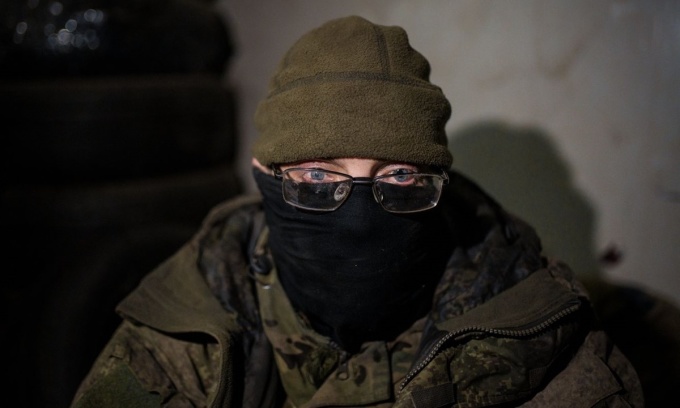
Pavel, one of the Russian soldiers captured by Ukraine at the Avdeevka battlefield. Photo: WSJ
Russian forces began an offensive on the city of Avdeevka in mid-October, aiming to reverse the situation on the battlefield after a Ukrainian counterattack. Representatives of the Ukrainian combat group in Avdeevka said that Russia was trying to encircle the city and that it could become a "second Bakhmut".
But the Avdeevka offensive has resulted in many Russian soldiers being taken prisoner by the Ukrainians. Often, those captured say they got lost and accidentally fell into enemy hands, as surrendering is illegal in Russia.
Moscow has shown it is willing to accept high casualties in its push for Avdeevka in order to move closer to its goal of taking full control of Donetsk province. Russian troops are closing in on the outskirts of Avdeevka on three sides, while also trying to capture the countryside to the west, in order to completely isolate the city.
If Russia succeeds in capturing Avdeevka, it could open up significant advances in the Donetsk region. It would also be a victory that would allow President Vladimir Putin to claim that Moscow has regained momentum after Kiev’s summer counteroffensive failed to produce any breakthroughs.
The Russian soldiers captured by Ukraine in the temporary detention facility are mostly in their 30s and 40s. They face the risk of indefinite detention, as prisoner exchanges between Russia and Ukraine have been suspended in recent months.
However, some people were relieved. They had escaped the terrible battles in Avdeevka.
Speaking to the Wall Street Journal , several Russian volunteer soldiers spoke about their motivations for fighting in Ukraine, their training, and the spirit of their unit when ordered to conduct continuous attacks.
Sergei, a former factory worker in the city of Perm, near the Ural Mountains, who signed up for military service in October, described the fighting in Avdeevka as a “nightmare.” He said his old job paid 30,000 rubles a month, or about $340. When he agreed to fight in Ukraine, the Russian military offered him 100,000 rubles ($1,130) a month.
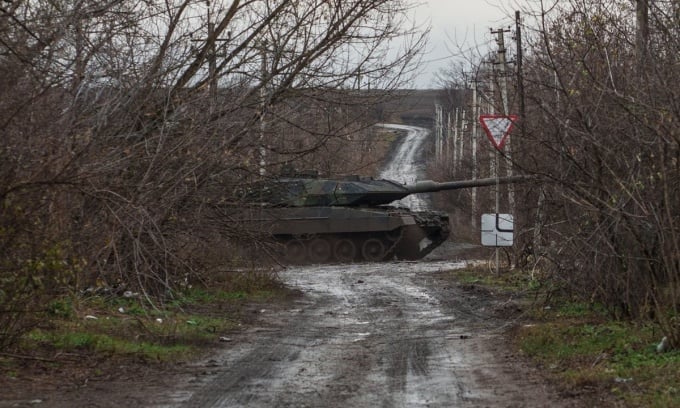
Russian tanks in a village near Avdeevka. Photo: WSJ
According to Sergei, the training in Russia is quite simple and short. New recruits like him are made to fire two clips from a rifle and learn first aid theory.
He didn't think he would have to fight on the front lines. Sergei initially thought he would just have to drive a logistics truck in the rear.
But Sergei’s unit was eventually sent straight to Avdeevka, where they were ordered to attack the Ukrainian-held forest north of the city. Facing heavy fire from enemy armored vehicles, which killed many, Sergei’s unit was forced to retreat to its original positions.
Sergei was wounded but quickly returned to the front line. He said he was captured in late November while disoriented. "I felt relieved. I don't want to see this nightmare again," Sergei said.
Another prisoner in the group, Pavel, said he was called up for military service during the last mobilization in 2022. "I had only two options: come here or face punishment or prison," said the former machine operator from Siberia.
Pavel said that during tactical training, he was only instructed in some maneuvers on the battlefield, then he was sent to the rear area in northeastern Ukraine.
Pavel did not face many attacks, but was particularly fearful of the large Ukrainian drones that flew at night, which the Russians called “Baba Yaga,” an evil witch from Eastern European folklore.
Last fall, Pavel's unit was transferred to Avdeevka and became a shock force.
His company was tasked with crossing the hotly contested railway tracks north of the city and capturing several trenches. Many of their vehicles were knocked out by artillery fire before reaching their destination. The unit eventually captured the trenches but suffered further casualties from Ukrainian forces before being relieved.
"The company commander said we had achieved our objective. But how can you say that when only 35 out of a company of 100 survived?" Pavel said. "And that was just one day's casualties."
He blamed the heavy losses on the commanders' frontal assault tactics and the lack of proper training of the soldiers. "To become a real shock troops takes a lot of effort and time," Pavel said.
One night, his exhausted company was sent back to the contested area near the railway tracks to consolidate the newly captured position. He was tasked with bringing back the wounded. According to Pavel, he and a comrade got lost and came close to the edge of the forest where Ukrainian forces were holding out.
“I thought that was it. We lay down on the ground and shouted ‘don’t shoot!’,” Pavel said. Ukrainian soldiers later told them that the two men had been lucky. They had just walked through a minefield.
Andrei, who was also taken prisoner north of Avdeevka, said the Russian commanders' insistence on sending the wounded back to the front was another reason for low morale.
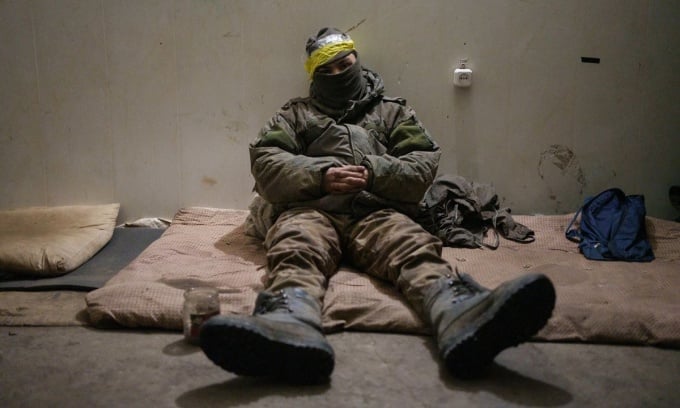
Andrei, a Russian soldier captured by Ukraine at a temporary detention facility near the city of Avdeevka. Photo: WSJ
Russian soldiers died because they were ordered to attack positions that were not protected from Ukrainian fire, even if they captured the objective, Andrei explained. However, he said that company commanders in fact only took orders from their superiors.
"If you don't follow orders, you'll be in jail for a long time," he said.
Andrei, a former banker, said he volunteered for the army because many of his relatives had served before. Andrei has a heart condition and thought he would be in the reserves, but instead he was sent to the front lines.
Soon after, he reached Avdeevka, riding in an armored vehicle with 11 others when it was hit by a mine. Half of the men were killed, and Andrei suffered a severe concussion. He said he lay awake all night until he had recovered enough strength to return to base. After three weeks of rest, he returned to the trenches, where his comrades were falling all around him from artillery fire. Finally, they decided to retreat.
“I got lost,” he said. “I saw two soldiers and asked for water. It turned out they were Ukrainian soldiers,” adding that it was a fight between brothers and that it had caused “unjustifiable” losses on both sides.
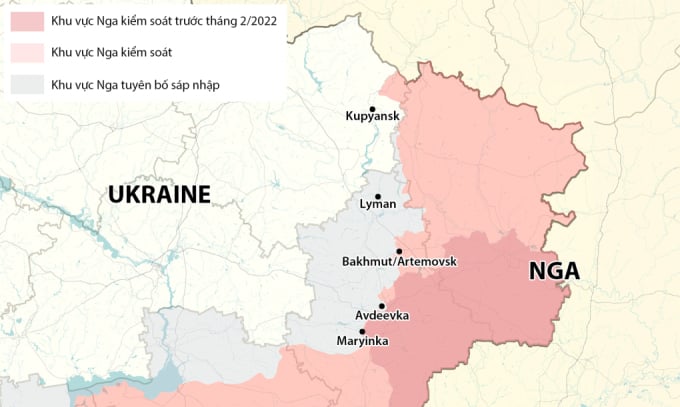
Location Avdeevka. Graphics: RYV
Vu Hoang (According to WSJ )
Source link


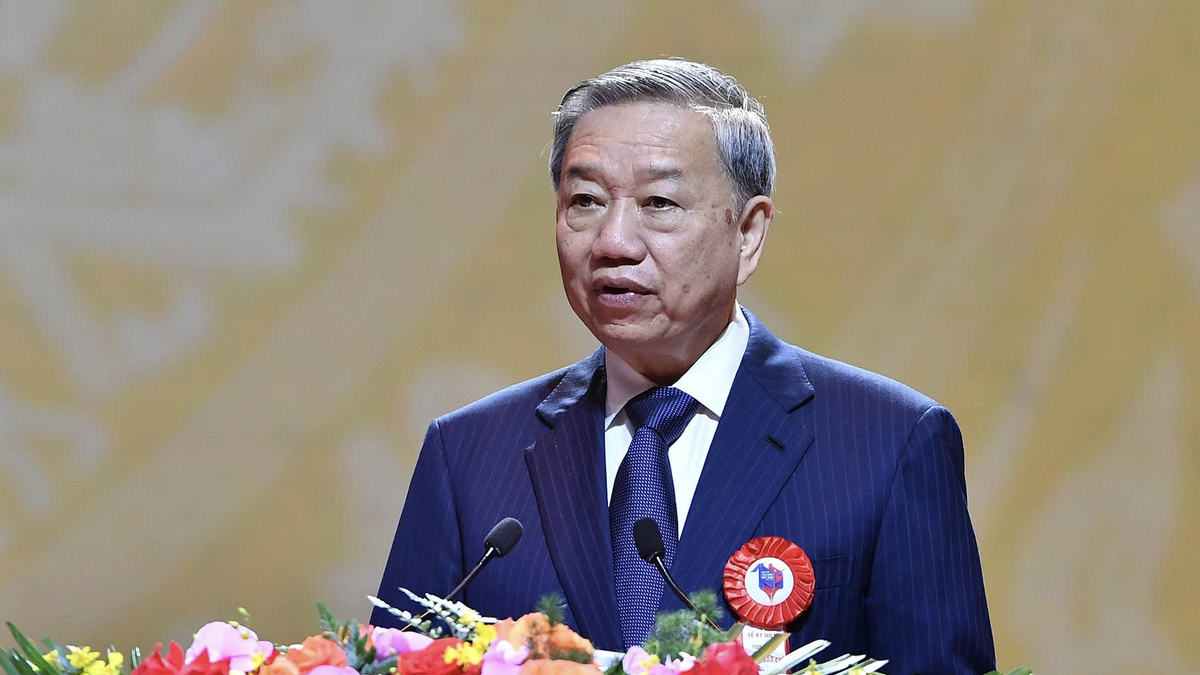









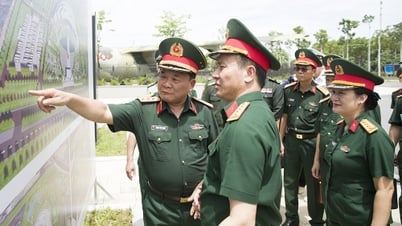
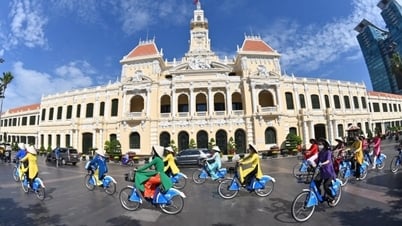











![[Photo] Central Propaganda and Mass Mobilization Department meets with exemplary journalists](https://vphoto.vietnam.vn/thumb/1200x675/vietnam/resource/IMAGE/2025/6/21/9509840458074c03a5831541450d39f8)




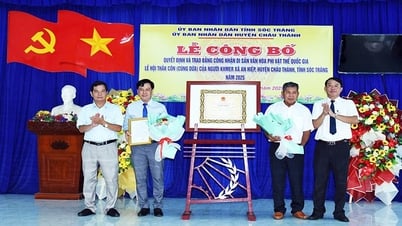

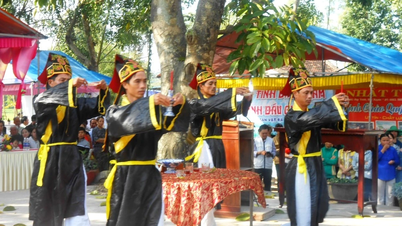








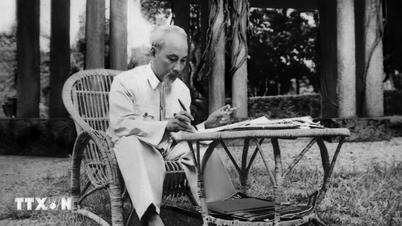




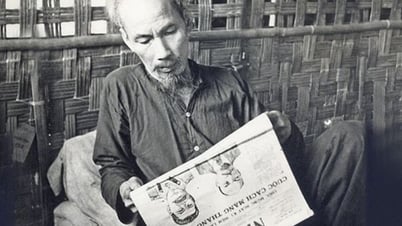





![[Maritime News] Wan Hai Lines invests $150 million to buy 48,000 containers](https://vphoto.vietnam.vn/thumb/402x226/vietnam/resource/IMAGE/2025/6/20/c945a62aff624b4bb5c25e67e9bcc1cb)


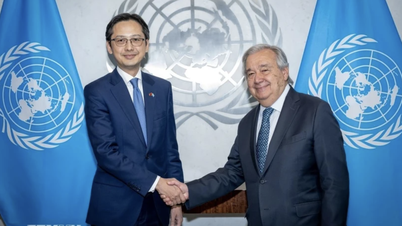














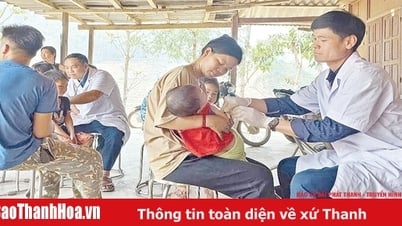

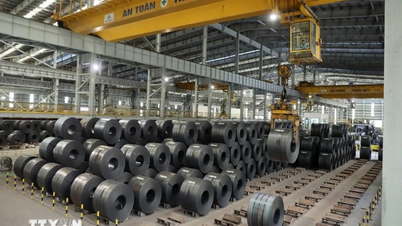
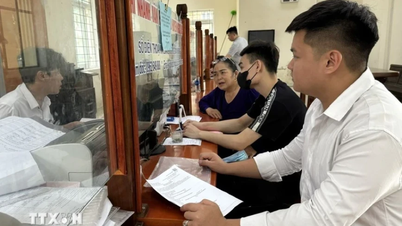
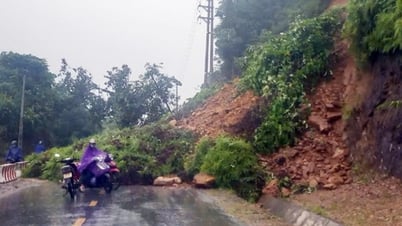












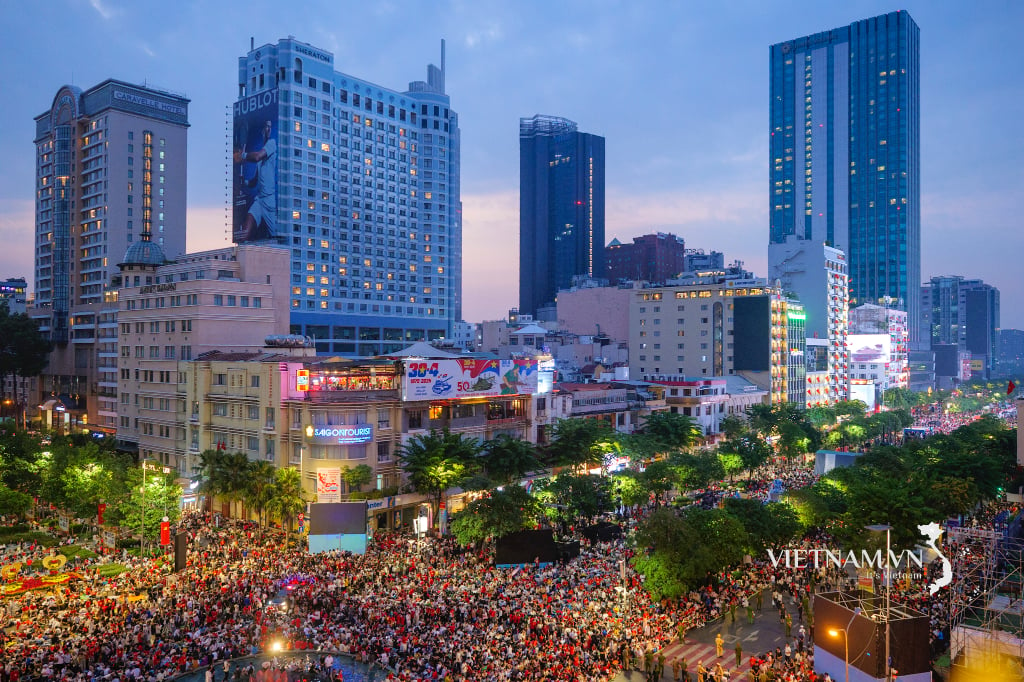

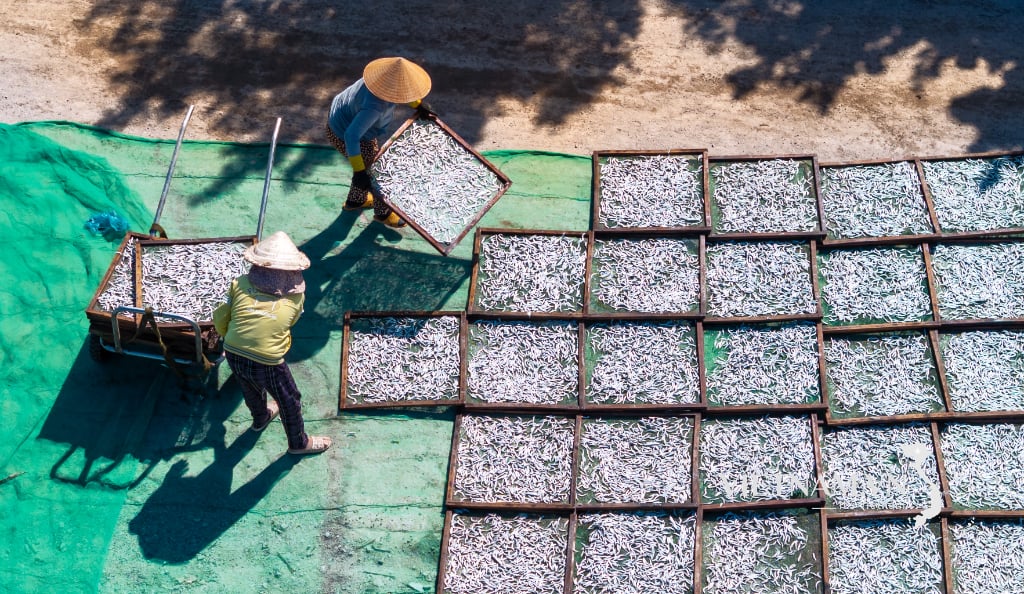
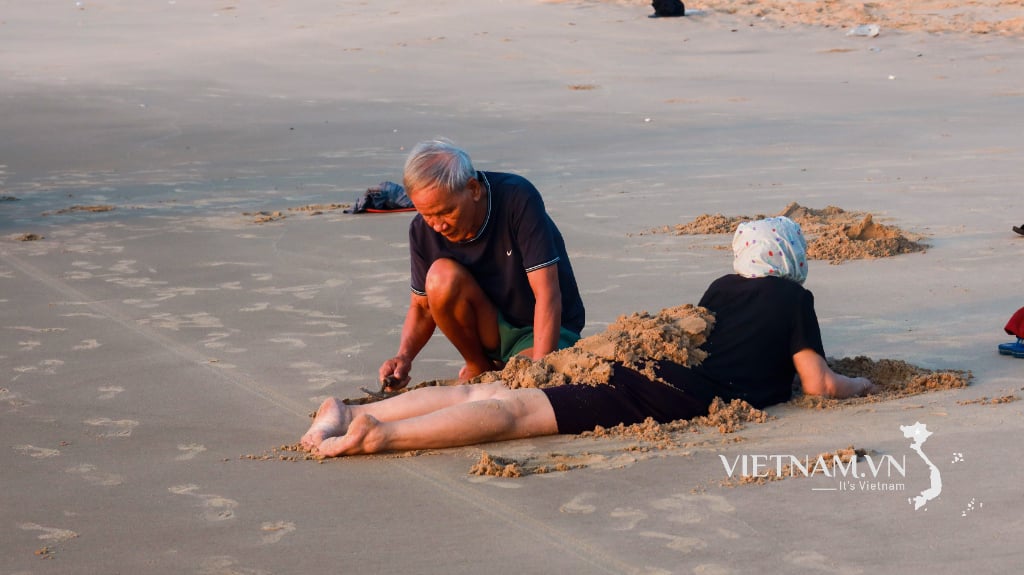
Comment (0)